How to deal with a problem child at home
Dealing with child behaviour problems
There are lots of possible reasons for difficult behaviour in toddlers and young children.
Often it's just because they're tired, hungry, overexcited, frustrated or bored.
How to handle difficult behaviourIf problem behaviour is causing you or your child distress, or upsetting the rest of the family, it's important to deal with it.
Do what feels right
What you do has to be right for your child, yourself and the family. If you do something you do not believe in or that you do not feel is right, it probably will not work. Children notice when you do not mean what you're saying.
Do not give up
Once you've decided to do something, continue to do it. Solutions take time to work. Get support from your partner, a friend, another parent or your health visitor. It's good to have someone to talk to about what you're doing.
Be consistent
Children need consistency. If you react to your child's behaviour in one way one day and a different way the next, it's confusing for them. It's also important that everyone close to your child deals with their behaviour in the same way.
Try not to overreact
This can be difficult. When your child does something annoying time after time, your anger and frustration can build up.
It's impossible not to show your irritation sometimes, but try to stay calm. Move on to other things you can both enjoy or feel good about as soon as possible.
Find other ways to cope with your frustration, like talking to other parents.
Talk to your child
Children do not have to be able to talk to understand. It can help if they understand why you want them to do something. For example, explain why you want them to hold your hand while crossing the road.
Once your child can talk, encourage them to explain why they're angry or upset. This will help them feel less frustrated.
Be positive about the good things
When a child's behaviour is difficult, the things they do well can be overlooked.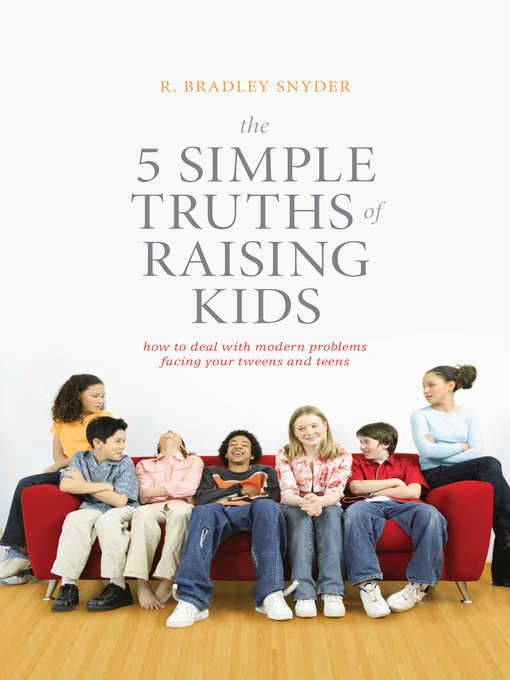 Tell your child when you're pleased about something they've done. You can let your child know when you're pleased by giving them attention, a hug or a smile.
Tell your child when you're pleased about something they've done. You can let your child know when you're pleased by giving them attention, a hug or a smile.
Offer rewards
You can help your child by rewarding them for good behaviour. For example, praise them or give them their favourite food for tea.
If your child behaves well, tell them how pleased you are. Be specific. Say something like, "Well done for putting your toys back in the box when I asked you to."
Do not give your child a reward before they've done what they were asked to do. That's a bribe, not a reward.
Avoid smacking
Smacking may stop a child doing what they're doing at that moment, but it does not have a lasting positive effect.
Children learn by example so, if you hit your child, you're telling them that hitting is OK. Children who are treated aggressively by their parents are more likely to be aggressive themselves. It's better to set a good example instead.
Things that can affect your child's behaviour- Life changes – any change in a child's life can be difficult for them.
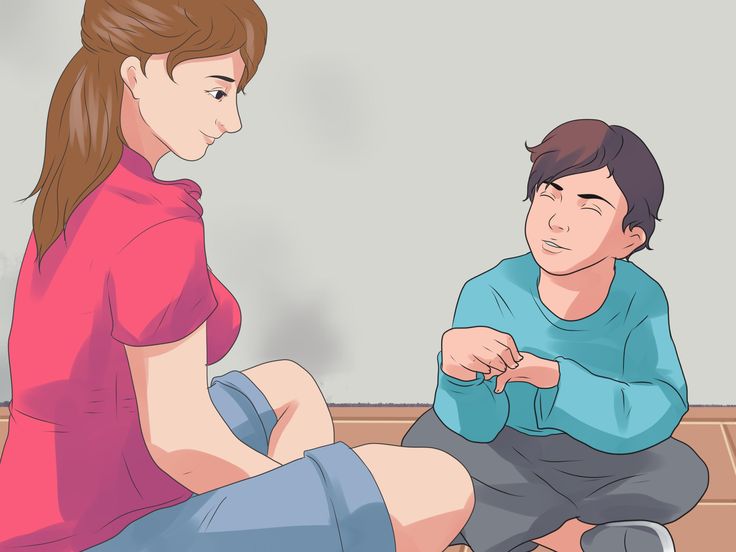 This could be the birth of a new baby, moving house, a change of childminder, starting playgroup or something much smaller.
This could be the birth of a new baby, moving house, a change of childminder, starting playgroup or something much smaller. - You're having a difficult time – children are quick to notice if you're feeling upset or there are problems in the family. They may behave badly when you feel least able to cope. If you're having problems do not blame yourself, but do not blame your child either if they react with difficult behaviour.
- How you've handled difficult behaviour before – sometimes your child may react in a particular way because of how you've handled a problem in the past. For example, if you've given your child sweets to keep them quiet at the shops, they may expect sweets every time you go there.
- Needing attention – your child might see a tantrum as a way of getting attention, even if it's bad attention. They may wake up at night because they want a cuddle or some company. Try to give them more attention when they're behaving well and less when they're being difficult.

Do not feel you have to cope alone. If you're struggling with your child's behaviour:
- talk to your health visitor – they will be happy to support you and suggest some new strategies to try
- visit the Family Lives website for parenting advice and support, or phone their free parents' helpline on 0808 800 2222
- download the NSPCC's guide to positive parenting
Read coping with your teenager.
Video: how much does my child understand about being naughty? (6 to 30 months)
In this video, a health visitor explains whether your child understands about being naughty.
Media last reviewed: 17 August 2020
Media review due: 17 August 2023
Page last reviewed: 9 April 2020
Next review due: 9 April 2023
10 Effective Ways to Deal With a Difficult Child
All children make a certain amount of fuss when they are told to get ready, eat their vegetables or sit in one place when they’re out with you. On one end of the spectrum, there are children who comply quite readily and the other end has the difficult ones. Parents of such children are always on the lookout for what might set off the next tantrum or how to get their children to do basic tasks without tearing the whole place apart. Here is all you need to know about identifying and parenting a difficult child.
On one end of the spectrum, there are children who comply quite readily and the other end has the difficult ones. Parents of such children are always on the lookout for what might set off the next tantrum or how to get their children to do basic tasks without tearing the whole place apart. Here is all you need to know about identifying and parenting a difficult child.
Video : How to Deal with a Difficult Child (8 Best Ways that Parents Must Know)
Who Are ‘Difficult Children’ and What Causes Them to Be ‘Difficult’?
The difficult child behavior is seen in children who often fight over routine tasks such as clothes, mealtime or bath time or getting ready to go to bed. It extends beyond that to other activities where parents often worry about taking their child out to social gatherings fearing something might set off a meltdown or have a difficult time in general with dealing with their child.
There could be a number of causes to what makes a difficult child and surprisingly there’s a strong genetic component to it as well. While some parents might find it hard to accept that children are born difficult, it is seen that babies who are mild-tempered often tend to grow up into children who are quite calm. When they look through their family, such children will have a counterpart somewhere who behaved the same way. On the other hard parenting can also have an effect on what could make a child difficult. In such instances, an examination of the history of parenting can reveal the cause.
Usual Behavioral Traits of a Difficult Child
If you think you might be raising a difficult child, there are typical behavioral traits to look for.
1. Defiance
Difficult children are defiant and refuse to follow simple requests such as waiting for you to finish at the store before you go get ice cream, getting ready to go to bed or to go to school or any other simple request they don’t wish to oblige.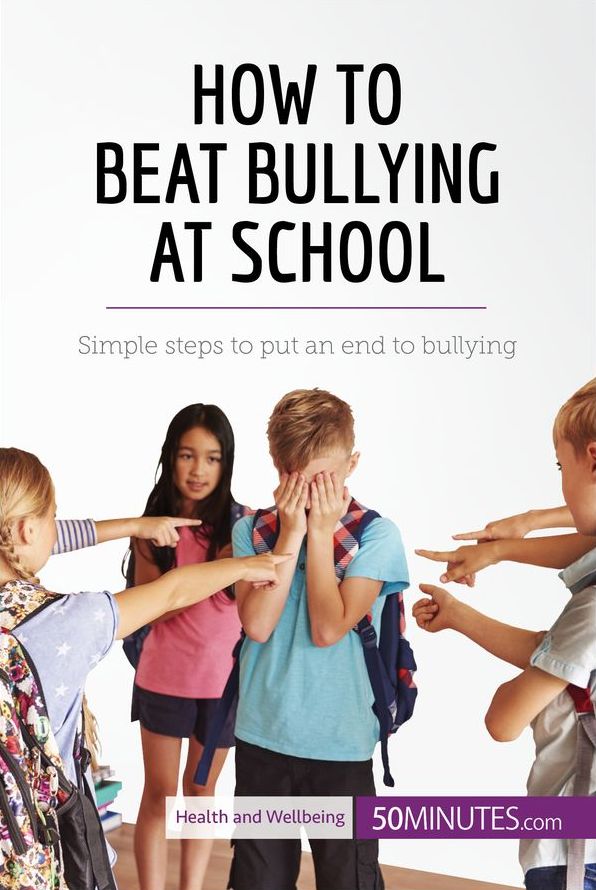
2. Fussiness
An extremely difficult toddler can be a fussy eater and throw away food or demand only for certain foods even when they go hungry for long periods of time. Fussiness also extends to wearing certain clothes or taking a bath.
3. Hurting Other People
This one is a common difficult boy trait where they are often rough and do not play nicely with other children or adults. They may even resort to biting or kicking or pinching when they are annoyed or don’t get what they want.
4. Excessive Anger
This is quite common when they don’t get their way wherever they go. The anger might make them more defiant, or act out by throwing things or trying to harm people.
5. Tantrums
Frequent tantrums almost on a daily basis are also a major behavioral trait of difficult children. A defiant no to be patient at a party can quickly turn into a meltdown that brings all the attention to the child. They also throw tantrums as a last resort to get what they want no matter what.
10 Ways to Deal With a Difficult Child
If you happen to be the parent of one, here are tips on handling difficult kids:
1. Pick Your Fights
If you’re getting down to a battle with your kid for every bad behavior you will always be at war! Instead have a list of say 10 or 15 of the most serious things that’s a no-no because they are dangerous to others, annoying or uncivil. If things that are absolutely forbidden, like riding their tricycle on the street, set real consequences that you can follow through. Maintain consistency in disciplining as the lack of it can confuse them and fuel rebellion.
2. Take Preventive Measures
This one takes practice but works effectively. Use your knowledge of your child’s temperaments to predict and avoid blowups. If he likes pulling things out of the cupboards while you’re in the kitchen, have them locked so he can’t get in. Know when he is feeling the most energetic or tired and grumpy so you can schedule your trips to the supermarket or the doctor when he is at his best. Take his favorite toys with you or some treats to stave off boredom.
Take his favorite toys with you or some treats to stave off boredom.
3. Maintain Control
No matter how you’re not up for it or feeling exhausted, do not relinquish control or give in to the bad behavior or tantrums. Giving in would show her your weakness and use tantrums to manipulate you again. Instead, you could tune into her powerlessness to find what you need to gain control.
4. Stay Calm
The calmer you are, the better you can handle the situation. Your tone also needs to be quiet, steady and neutral when you tell your child to stop bad behavior. When persuading them to do something such as wash hands before a meal, a suggestive tone would help more than a commanding one. So instead of saying “Go wash your hands and feet immediately” suggest “why don’t you go wash your hands and feet by the time I set up dinner?”
5. Listen Carefully
Being heard is one of the most important things to children and they often act out for attention. So whenever they express their joy or sadness, listen to it and reciprocate so they know they are being heard. Say he wants to open the cookie box in the supermarket, explain to him why he shouldn’t do that and wait till you have checked out.
Say he wants to open the cookie box in the supermarket, explain to him why he shouldn’t do that and wait till you have checked out.
6. Empathize With Them
Your child cannot understand the emotional storm going through their minds, but you can. Whenever possible, tune into their feelings and teach them to label it so they can better articulate what’s happening with them. Use lines such as “I know you are frustrated you can’t have those cookies now”, “I know you are feeling too tired for a bath”.
7. Explain More
Instead of reacting to a mischievous behavior, explain to them that snatching the other child’s toy is bad because they wouldn’t like it if it happened to them. The same applies to hitting or biting so they can better understand how their behavior affects others.
8. Offer Them A Choice
Refusing to obey often has to do with rebellion against your control. So instead of coming across as controlling, offer them a choice with a limited set of outcomes. For example, instead of commanding him to return all his toys in the basket or clean the room ask him which task he would take up so you can do the other. Eventually, you can stop helping out and get him to do it all starting with one task at a time.
For example, instead of commanding him to return all his toys in the basket or clean the room ask him which task he would take up so you can do the other. Eventually, you can stop helping out and get him to do it all starting with one task at a time.
9. Bestow Rewards
This is a strategy you should use only when they behave well at the time it is most needed. Say you are out at a friend’s place and your boy promises to play nicely with the other children and he keeps it up, treat him with his favorite ice cream or snack as a reward. It also works with simple tasks such as taking meds, a spoon of sugar later will definitely help ease it down!
10. Choose Appropriate Consequences
Consequences are also as important as rewards in shaping difficult behavior. Time-outs work with most kids as they have plenty of time to think about what they did in a dull boring place. If time outs don’t work there are always other favorite activities you can take away such as screen time privileges and dessert.
Disciplining a difficult child is a skill parents most often don’t possess, it is acquired as they understand their children and what works with them. While initially they are baffled by why some kids are tougher than others they will eventually come to understand the temperaments of their children and formulate a strategy. The key is patience, keen observation skill, and smart methods to manage them.
Also Read:
Tips for Parents to Handle Naughty Children
Ways to Deal with Stubborn Kid
Dealing With a Highly Emotional Kid
What to do with unruly children - illuminating blog
Author: Marina Komissarova, psychologist
Very often in parent-child communities there are questions about what to do with unruly and completely naughty children. Nothing affects them at all. Many parents are faced with teenage uncontrollability, with the inability to influence a child of 13-17 years old. He doesn't listen to anything. And finally, there are adults who are completely uncontrollable (from the side of society). They are most often referred to as criminals, but this is also an interesting problem.
And finally, there are adults who are completely uncontrollable (from the side of society). They are most often referred to as criminals, but this is also an interesting problem.
All three problems are connected from the point of view of psychophysiology. All these are different degrees of the same thing. It's just that difficult children do not always become difficult teenagers, and even less often turn into delinquents. Most safely pass such a period in childhood or puberty, and in adulthood become reasonable and prosperous citizens. However, not all. Sometimes there are people who were quite obedient in childhood or even in adolescence, and then turned into uncontrollable. It rarely happens, but it does happen.
What is it?
First of all, it is too high a threshold of frustration. It is best for parents of difficult children to understand this topic so as not to fight disobedience in various wild and harmful (that is, aggravating the problem) ways, like a belt. It is all the more stupid to punish teenagers (depriving them of walks and taking away gadgets).
It is all the more stupid to punish teenagers (depriving them of walks and taking away gadgets).
For an ordinary child in a difficult period, this is just insulting and creates discord with the parent (and the desire to hide more from him and run away from home early).
And for a really difficult one, it raises the frustration threshold even more, hardens, turns on and makes the parent a target for struggle.
Frustration threshold is a difficult topic for non-specialists. I'll try to explain as simply as possible. Children are born different, each with its own peculiar nervous organization. Children become even more different when a unique developmental experience is added to the nervous organization.
Once an excellent scientist Lev Gumilyov investigated the problem of passionarity (and passionarity in many cases is just such a complete uncontrollability and insubordination) and came to the conclusion that passionarity probably depends on special solar flares.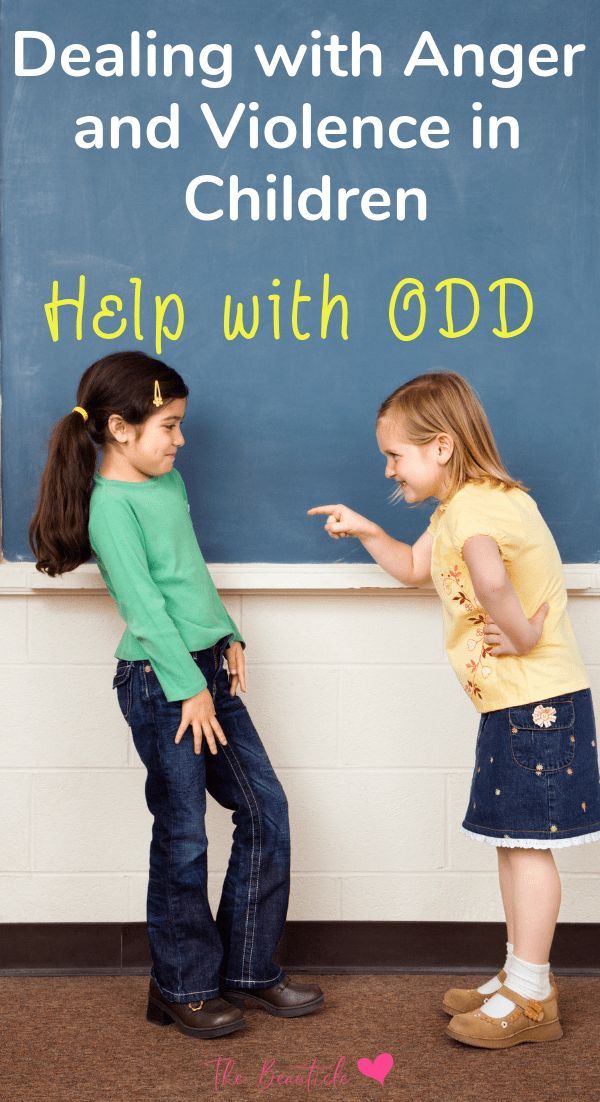 Among social factors, Gumilyov singled out such a factor as the intersection of ethnic groups, not so much different genes, but radically different cultures.
Among social factors, Gumilyov singled out such a factor as the intersection of ethnic groups, not so much different genes, but radically different cultures.
Modern research tends to the same point of view. Mutations, genetic features, and a special social environment, in which there is a gap between moral meanings, are involved in the appearance of such a nervous organization.
In itself, Gumilyov considered passionarity to be a very important and necessary phenomenon for mankind, but he noted that if it was misdirected and used, it could turn into disaster. A pronounced passionary does not stop at any obstacles, any obstacle only stimulates him more to be active and to strive for a goal. Even if the goal is good, such a person can be dangerous (especially since the good is relative). What if the goal is not the common good? It is terrible to imagine what such a monster is capable of, obsessed with the idea of remaking the world according to his plan. And why pretend? You can read history.
Gumilev also singled out as a separate type - subpassionaries (people whose energy is directed to self-destruction, self-destruction) and harmonious (people who live normally, calmly and fit well into the social framework). All this is rather conditional. There may be a harmonious person with the features of a passionary or, conversely, a subpassionary, and sometimes at different periods of life.
From the point of view of psychophysiology, subpassionaries can be attributed to people with a very low frustration threshold, harmonious people - to those whose frustration threshold is normal, but passionaries are people with a very high, sometimes abnormally high frustration threshold.
The concept of frustration is misunderstood by many, even by some psychologists.
Frustration is not aggression that occurs when a person's needs collide with an obstacle. No. Aggression is just one of the forms of reaction to frustration, moreover, Kurt Lewin considered frustration accompanied by aggression to be incomplete. Because aggression is an additional energy that is released in an attempt to overcome an obstacle. You ran into a barrier and in a rage tried to break it. You are not completely frustrated because you are still trying to keep moving towards the goal, albeit in such a destructive way.
Because aggression is an additional energy that is released in an attempt to overcome an obstacle. You ran into a barrier and in a rage tried to break it. You are not completely frustrated because you are still trying to keep moving towards the goal, albeit in such a destructive way.
Real frustration is when a person stops moving when faced with an obstacle, gives up, cannot direct the same energy to anything constructive. He simply suppresses it, extinguishes or directs aggression inward.
An ordinary person, whose strong need is faced with an obstacle, first tries to overcome this obstacle, then looks for workarounds, and realizing that the obstacle is insurmountable, part of the need frustrates (extinguishes), and part tries to redirect somewhere (does not frustrate). This is a socially adequate being. Ideally, a small part should be extinguished, and a large part should be redirected. This is a well-adapted and stress-resistant personality.
A pronounced passionary is a person whose need knows no barriers at all.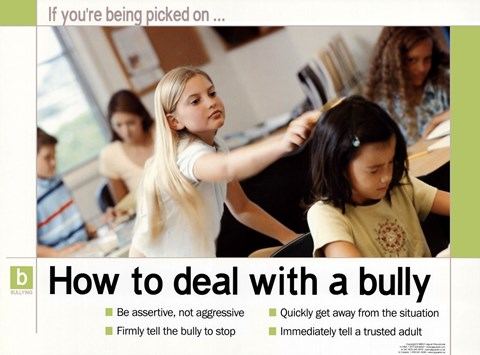 He will never give up on his goal. He will either die or head-butt the barrier (and yes, most do die, of course). In extreme cases, he will come up with a way to get around this wall, but not in a roundabout way and will not wait long, because he is seething with passion. Passionarity is a strong passion (passion = passion).
He will never give up on his goal. He will either die or head-butt the barrier (and yes, most do die, of course). In extreme cases, he will come up with a way to get around this wall, but not in a roundabout way and will not wait long, because he is seething with passion. Passionarity is a strong passion (passion = passion).
Do you understand what the frustration threshold is? This is such a conditional threshold, which depends on the qualities of the psyche and personality, having reached which a person believes that the barrier is too great and it is pointless to spend his energy further.
A normal person sees objective “no”, “impossible”, “it will cost too much” and retreats. Passionary begins to rush forward with a vengeance. Yes, barriers only turn on a real passionary. If a person's frustration threshold is very, very high, there is no such barrier that he would consider impassable for himself.
From the point of view of psychophysiology, this is a pathology, since such people are rather poorly adapted to life in the environment, and even more so in society, they often die. However, if we do not take extremes, that is, we do not consider the prohibitively high threshold of frustration, but simply consider it elevated, then we see a very purposeful person, perhaps a hero, and possibly a criminal, but the personality is quite strong (until she was physically broken or killed) .
However, if we do not take extremes, that is, we do not consider the prohibitively high threshold of frustration, but simply consider it elevated, then we see a very purposeful person, perhaps a hero, and possibly a criminal, but the personality is quite strong (until she was physically broken or killed) .
Frustration threshold too low - same pathology. Such a person gives in from any difficulty, he is ready to accept any external rule as a law and will not try to circumvent it, and, having met any resistance on the way, will immediately give in. The norm is always in the middle, but the peculiarity of people lies in the fact that some normal people have a lower frustration threshold, some have an increased one, and all of them need (and can) learn to live happily.
Now imagine a small child. Your difficult and completely unmanageable.
He is physiologically made differently than his peers with whom you compare him. What's the point of beating him up? If it is from helplessness and anger, okay (better drink a sedative), but if this is a conscious method of education, then you are fools, not parents.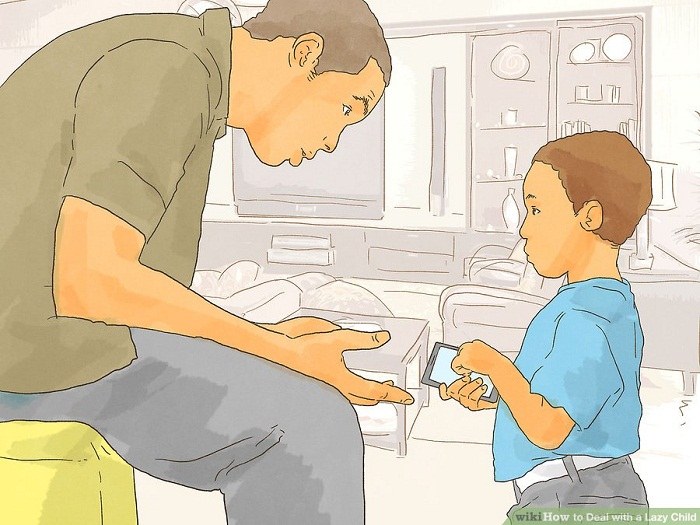
The majority of uncontrollable children, bypassing the crisis of 3 years of age (after approximately 4 years), become completely controllable. But (!) If the parents had not already ruined their relationship with them, while they were beating and tormenting them during the three-year crisis. During this time, you can become the enemy of the child, especially if you have a real passionary.
What is the difference between an unruly child and an obedient and quiet one?
Obedient is more sensitive, emotionally responsive, impressionable, anxious, so his frustration threshold is much lower. Mom just looked sadly, shook her head, and his desire to climb over there on that high shelf disappeared.
The external “no” became a sufficient barrier, because his frustration threshold is very low, almost any barrier is enough for him to retreat.
You see that a child who is too obedient is also not very good, right? Any external “no” immediately becomes his internal law, he is suggestible, he is completely controllable. Everything is good in moderation.
Everything is good in moderation.
What is a very naughty child? Oh, he can't hear you at all. To him, your op is just noise, like the sound of the sea. His excitement from desire (nervous, physiological, his psyche is so arranged) is so strong that you can even kill yourself, but he will climb where he has planned. If the frustration threshold is very high, you can beat him with mortal combat, he will cry, but still climb. No suffering will stop him, because fear is nothing compared to his need. I repeat again, most likely (9out of 10) he will outgrow this period, become adequate, but so far he is. Just accept this fact, for starters.
You think in vain that an obedient child is more reasonable and good, his need simply does not have such an energy force. He's not that passionate.
His need is weaker, it is easily removed by prohibition. And your terrible child has strong and powerful desires. He is a typhoon. Here's the one you got.
What do parents do when they beat and punish such children? They can turn them from possible heroes into possible criminals.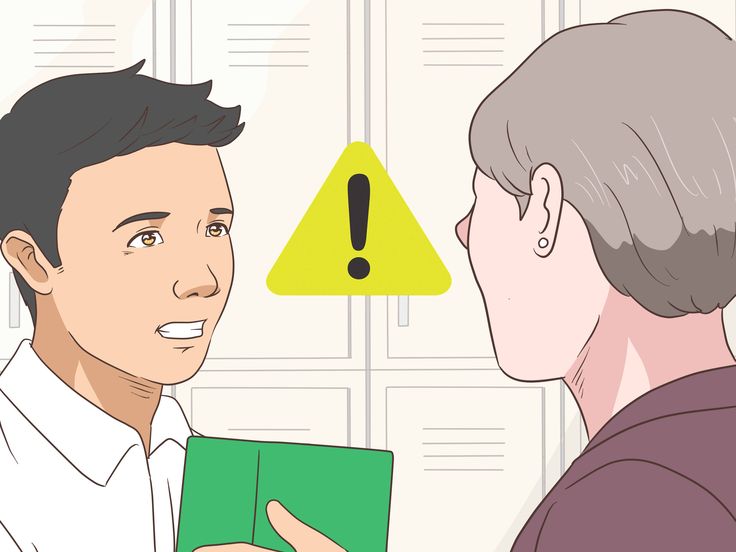 Yes, let's not be afraid of big words, it's something like this happens. Not always, fortunately, but often.
Yes, let's not be afraid of big words, it's something like this happens. Not always, fortunately, but often.
What is the difference between a hero and a criminal? The first wants to do something for the benefit of society, the second is anti-social and wants to rob others. The second can be considered a psychopath, and passionaries who were beaten in childhood often turn into psychopaths. Imagine for yourself, their need has incredible energy power, they cannot cope with it, there are no mental reserves. And on the part of society (which is personified by parents and teachers), beatings and punishments come all the time. What is left for the children? Firstly, learn to lie and pretend (for self-defense), and secondly, to hate society as the main enemy, looking for means of struggle and revenge. (This must be understood not for the sake of justifying criminals, but for the sake of reducing their number).
The percentage of true passionaries is very small. Great heroes and true villains are rare.
Most unruly children will later normalize their frustration threshold and become perfectly normal and law-abiding citizens.
But during the periods of their riots, it is not necessary to spoil relations with them and turn them against yourself and society, making life difficult for yourself and social adaptation for them.
And what can be done, I'll tell you now.
Now I can’t say what to do with children with a real conduct disorder (who even at 8-10 years old destroy everything, behave aggressively and do not respect the minimum rules) and how to correct adolescent psychopaths, this is too difficult a problem (although interesting and a lot of research and experimentation is underway). But I can tell you what to do with young children with a high threshold of frustration, those who do not want to obey, are very stubborn, insist on their own, lie (because they are punished) and violate all prohibitions.
It is very difficult or impossible to frustrate their energy, sometimes it is easier for them to break all the bones than to prohibit them from wanting something and climbing somewhere. But their energy can be redirected by suggesting another goal or several goals. And this is the ONLY way. Do you understand? It is almost impossible to ban, stop, intimidate, prove.
You can redirect your attention. This is the only option. And it is better to occupy their attention BEFORE they choose a destructive goal for themselves, otherwise it will be difficult to distract.
Get their attention in advance. There will be a wasteland, they will fill it themselves and in a way that you will not like it.
Parents should understand very well that the main enemy of such children is BOREDOM.
Out of boredom, such children are ready not only to violate parental prohibitions, but to jump out the window and this is not a joke. Understand that people's minds are different. And the unformed children's psyche is especially bizarre. Anxious children tolerate boredom much better, but such children cannot at all, boredom kills them and blows their minds. They experience a real torment, the strongest torment of hell, when you make them just sit or do something boring, useful, but uninteresting. They need emotions, they are emotional gluttons from birth. They will grow up and learn self-regulation, but for now it is very difficult for them to live in your boring adult world.
They experience a real torment, the strongest torment of hell, when you make them just sit or do something boring, useful, but uninteresting. They need emotions, they are emotional gluttons from birth. They will grow up and learn self-regulation, but for now it is very difficult for them to live in your boring adult world.
Here is the experience of a father who turned out to be so attentive and smart that he immediately realized that the scourge of his difficult child (which all nannies, kindergartens, and even the mother agreed to refuse) was boredom. He becomes very aggressive out of boredom (and there is most likely a genetic feature, because his father is the same), and in an interesting game - he is very adequate, quick-witted, responsive, a normal child.
Never put such children in a corner, do not punish them with boredom and sitting on a chair, do not act like stupid monsters, they can't stand boredom anyway, and you torture them even more.
If you beat such children, you not only create the image of adult enemies in them, but also raise, harden their pain threshold, and soon they begin to love to fight, love even physical punishment, love blood and beatings (inflict and receive , Yes). It's hard to imagine, but it's true. This is very typical for passionaries: in emotional heat they do not feel and are not afraid of pain. And if the pain threshold has been trained since childhood, then even more so they love to fight.
It's hard to imagine, but it's true. This is very typical for passionaries: in emotional heat they do not feel and are not afraid of pain. And if the pain threshold has been trained since childhood, then even more so they love to fight.
Boredom is so unbearable for such children that any pain and danger becomes a boon for them. And you additionally accustom them to pain, make pain habitual or even pleasant for them. What for?
It is better to let their pain threshold remain lower, then reverence, a barrier will remain before pain, and they will risk their health less in their life. Pain has a protective function, it is not necessary to abolish it, it is very dangerous.
The only way to deal with such children is to keep them constantly in a state of some kind of enthusiasm, some interesting tasks. Oh yes, it's hard, but it's the only way. As soon as they get bored, they begin to violate your prohibitions, do everything that is impossible, rush to dangers and adventures. Do not think that their goal is to drive you crazy, but for them it is better than just sitting in unbearable four walls in an endless stretch of time. Time for such a child is stretched so that every five minutes turn into five weeks. Imagine that you have to sit and stare at a wall for five weeks. You want to smash your head against that wall, don't you? This is exactly what your child wants.
Do not think that their goal is to drive you crazy, but for them it is better than just sitting in unbearable four walls in an endless stretch of time. Time for such a child is stretched so that every five minutes turn into five weeks. Imagine that you have to sit and stare at a wall for five weeks. You want to smash your head against that wall, don't you? This is exactly what your child wants.
Don't compare your child to others. The other one has a different mentality, he endures boredom better, he can focus on a book or a toy for an hour (too low a threshold of frustration is also bad, I repeat, up to a certain age, healthy children should be restless), but yours is like this, he is unbearable in ordinary conditions, he needs constant action, a constant game, a constant change of events, a constant load, mental and physical.
Your task is not only to feed him and put him to bed, but also to provide him with an adequate level of workload, impressions and incentives. If there are too few of them, he will languish and rage, howl and climb the walls. He will blow your mind. Or destroy everything around.
He will blow your mind. Or destroy everything around.
Hold on. If you survive this crisis period with honor (usually a crisis lasts a year or two), you will get an adequate, but energetic son or daughter, and you will also thank him or her that they are just like that. Almost all features of the psyche (healthy) have their drawbacks and their advantages.
Reprinted with the permission of the author. The original is here.
7 practical tips on how to get along with someone else's child
August 21, 2015Relationships
How often do you find yourself in a company where there are children? Are you good with children or are you not good at it? In this article, we want to share with you tips on how to quickly find a common language with other people's children in different situations.
Share
0 Imagine that you are in a situation where you are asked to look after a neighbor's child while the parents are away on urgent business. Or you came to visit, and while the hostess is in the kitchen, your task is to entertain the child. Or maybe your job involves communicating with children - often or not (for example, a teacher or a hairdresser).
Or you came to visit, and while the hostess is in the kitchen, your task is to entertain the child. Or maybe your job involves communicating with children - often or not (for example, a teacher or a hairdresser).
How will you contact your child in such situations?
We have prepared a list of practical tips that will help you quickly find a common language with your child. These tips are for those who do not have professional experience working with children. And by the word "children" we mostly mean children of preschool age.
1. Treat your child like an ordinary person, only a small one
Perhaps this is the most important advice that lies at the source of the rest of the tips in this article.
Pay attention that those people who are most successful in establishing contact with children (I observed this in the example of educators, doctors, coaches with whom my child contacts), communicate with them calmly, balanced, in a normal tone, explaining difficult things to them. These people from the very beginning perceive the child as a full-fledged person, they only make allowances for the fact that he is still small. And this approach captivates children.
These people from the very beginning perceive the child as a full-fledged person, they only make allowances for the fact that he is still small. And this approach captivates children.
You can use this strategy to stop talking to children who are no longer babies. Have a full-fledged dialogue with them, but not from the position of “adult-adult”, but from the position of “child-child”. Note that children always easily find a common language with each other, difficulties begin when we grow up. Therefore, "lower" yourself for a while to the level of a child. This means that there is no need to openly doubt if you hear such statements: “Yesterday a huge plane flew into our garden.” Instead, develop a conversation: “Really? Would you like to tell me about it?"
2. Get down to the level of the child's eyes
When we bring the child to the children's club, the teacher always leans or squats to greet or ask the child something. According to her, this helps her move away from the “adult-child” communication pattern and demonstrate her respect and equality. Judging by how good she is at connecting with kids, that's great advice.
Judging by how good she is at connecting with kids, that's great advice.
3. Do not praise the child directly
If you want to compliment the child when you meet, focus on his clothes or on the object that he is holding in his hands. When strangers touch on something personal, they risk making the child even more shy.
All that is required at the first meeting is to relieve the tension that arises in a child when contacting a stranger. For example, you could build a dialogue like this:
- Wow, what a beautiful truck you have! He probably carries sand to the construction site.
This will switch your child's gaze to the toy instead of the frightening face of a stranger. This trick will buy time for your child to get used to your voice.
Or here's another trick that might help. If you see a character from a cartoon that is familiar to both of you on clothes or in the hands of a child, this is a great excuse to start a conversation.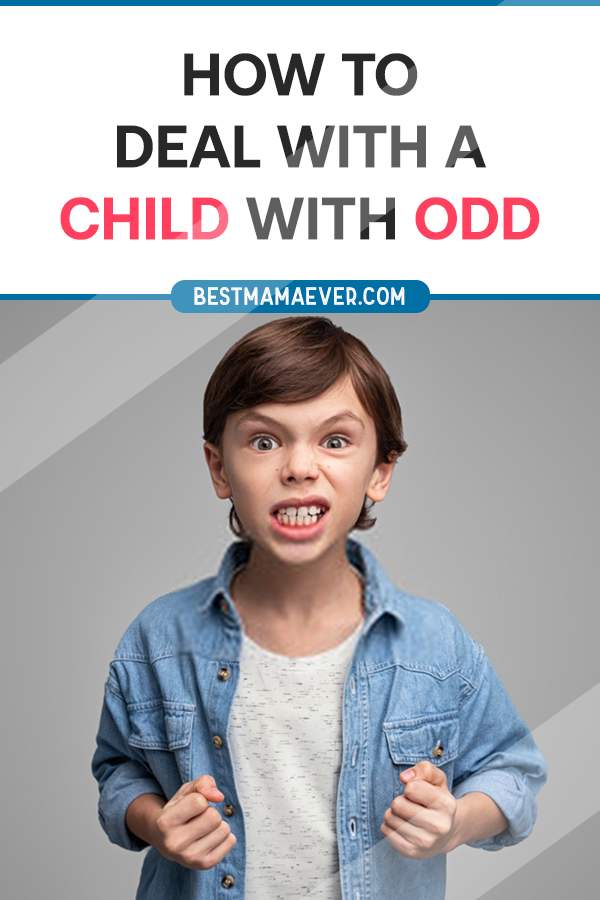
- Wow, is this a fix? you ask.
— Fix, — the child answers after a short pause.
- What is the name of this fixie? - you develop a dialogue.
A subject of common interest is always a good opportunity to find mutual understanding with both adults and children.
Or another way that our grandfather uses when my friends come to visit with their children. He deliberately includes an error in what he says:
“What beautiful yellow sandals you have,” he says to the child.
- They are blue, - he answers.
- Exactly, blue. I lost my glasses and without them I can't see well. Have you seen them?
“They are on your nose,” the child replies with a smile.
After this joke, children easily get in touch with him.
4. Express the child's emotions on your face
Often you will find situations where people laugh when a child cries in an attempt to cheer him up. What is really going on? The child cries even louder, falling more into despair, as if saying: "Why does no one understand me?"
What is really going on? The child cries even louder, falling more into despair, as if saying: "Why does no one understand me?"
The next time you see a upset child, try to make a sad face and sympathize. In most cases, this helps, and the baby makes contact easier.
5. Talk about his things and toys
If you happen to be at a child's house, take an interest in his toys and books: “Do you like to read? What is your favorite book? Could you show it?".
This trick works great not only with children, but also with adults, because we all love the increased interest in our person.
Or, if you need something to keep your child busy while his parents are away, a great way out is to offer to draw. And if suddenly the child finds this activity too boring, invite him to draw with his eyes closed. And then together guess what he drew.
6. Be at home among children
The best way to get along with children is to give free rein to the child that lives inside you.












